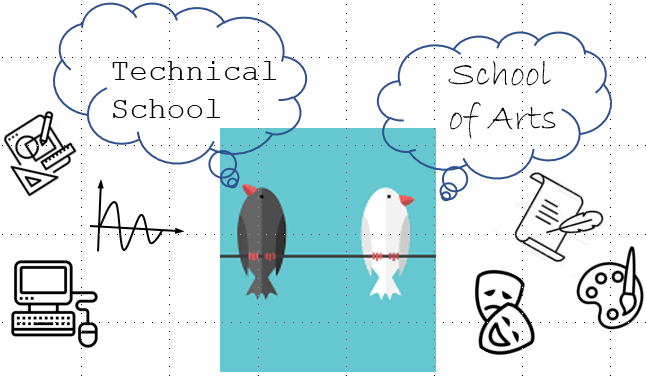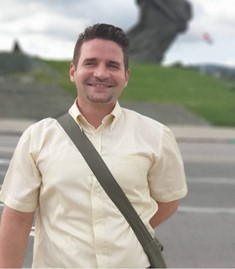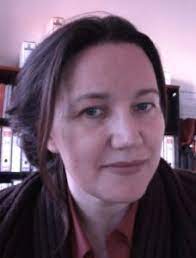Focusing on Soft Skills Development – Liberal Arts Approaches for Teaching in the Field of ICT
Webinar discussing methodologies to teach technical concepts through liberal arts methodologies.

Soft skills are meanwhile represented in almost all engineering curricula. Yet, the integration is often artificial even though these skills are particularly helpful already in the early stages of the studies. In this webinar, we will discuss combining concepts from art to teach complex engineering problems, already at undergraduate levels. This helps to activate soft skills such as creativity, communication, critical thinking, and teamwork to better understand complex concepts in ICT. Based on first experiences from courses taught at universities, we will discuss best practices of integrating soft skills with hard engineering facts - using art as an integrative concept. We see this as a first step towards widespread use of such a new teaching methodology for engineering-focused study programs in the EU and beyond.
Date and Time
Location
Hosts
Registration
-
 Add Event to Calendar
Add Event to Calendar
Loading virtual attendance info...
- Contact Event Host
- Co-sponsored by TU Berlin
Speakers
 Jorge Torres of TU Berlin
Jorge Torres of TU Berlin
Biography:
Jorge Torres Gómez is currently with the School of Electrical Engineering and Computer Science, TU Berlin. From 2008 to 2018, he lectured at the School of Telecommunications and Electronics, Technological University José Antonio Echeverría in Cuba. He has been with the Department of Signal Theory and Communications, UC3M, Spain, as a guest lecturer, and with the TU Chemnitz as a postdoc. He is on the committee of Educational and Professional Activities in the IEEE German Chapter, Executive Committee. His research interests include Education and technical topics like molecular communications, digital signal processing, and software-defined radio.
Email:
 Carmen Peláez Moreno of UC3M
Carmen Peláez Moreno of UC3M
Biography:
Carmen Peláez-Moreno, earned her Eng. degree in Telecommunications from the Public University of Navarre and her Ph.D. from Carlos III University of Madrid (UC3M). She was visiting researcher at the Universities of Westminster (London, UK), Strathclyde, (Glasgow, UK), Trento (Italy), and the International Computer Science Institute, Berkeley (CA). She is currently an associate professor in the Signal Theory and Communications department of UC3M, a collaborator of the Spanish National Research Agency (AEI), and has earned the Full Professorship National Habilitation. Her research interests include speech recognition and perception, affective computing, machine learning, data analysis, information theory, and education.
Email:
Address:Department of Signal Theory and Communications, Universidad Carlos III de Madrid, campus Leganés, , Madrid, Spain, 28911
Agenda
The two schools: Literacy Intellectuals and Scientists
Bridging the two schools: Methodology
Illustrative Examples
Discussion

